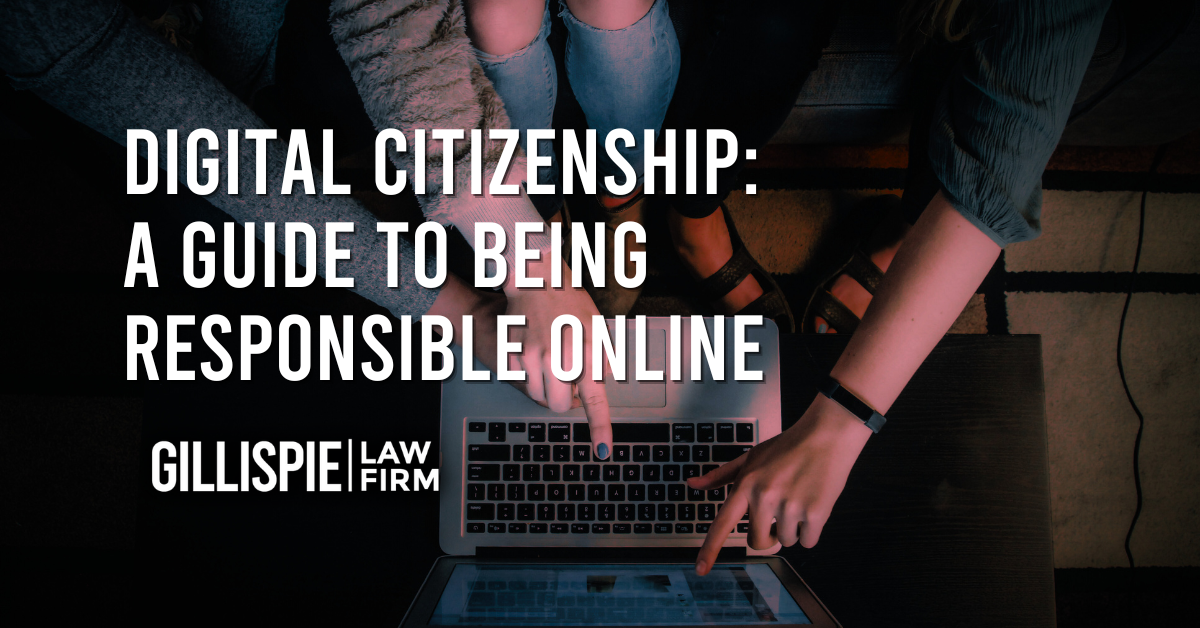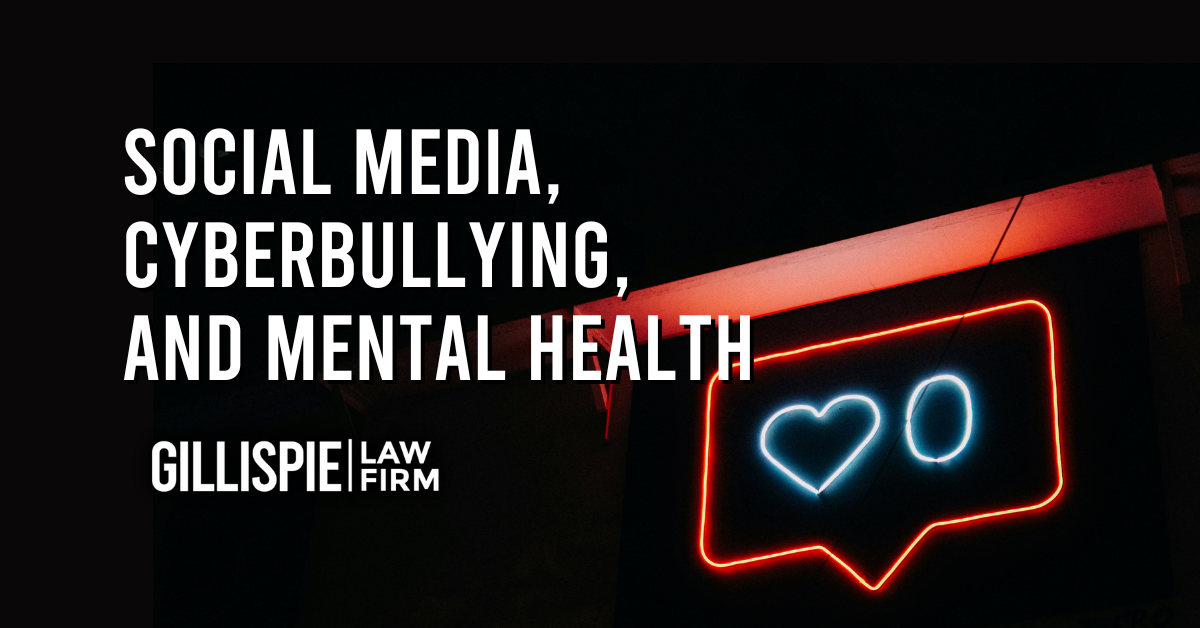April 8, 2024
Understanding How Abuse Affects Children
It can be difficult understanding how abuse affects children. As parents we don’t always have the answers. Every child responds differently to abuse and traumatic events and it can be a difficult situation to navigate. The impact of abuse can manifest in various ways, and it’s essential to be aware of how your child may behave after disclosing abuse. In a previous article we touched on important ways to support your child after they disclose their abuse. Here, we outline some common behavioral responses that your child might exhibit after the come forward:
- Further Disclosures
After a child discloses abuse, especially if their initial disclosure was met with a calm and supportive response, they may open up more. This could involve more details about the same incident or information about other abusive incidents. - Regression of Behaviors
Some children may exhibit a regression of behaviors to previous developmental stages, such as thumb-sucking, speech difficulties like stammering, or toileting issues like daytime incontinence. - Increased Emotional Needs
You might notice an increase in emotional needs, including heightened clinginess to parents and caregivers, intensified separation anxiety, and greater fearfulness, such as fear of the dark or being out of sight of their parents. You may also see the opposite, where a child seeks independence, withdraws from family events, or expresses a need to be left alone. - Emotional Vulnerability
Children who have experienced abuse may display emotional outbursts more frequently, including episodes of tearfulness and anger. Some may also engage in aggressive behavior towards themselves or others, struggle to calm down or self-soothe, or experience a persistent depressed mood.
- Sleep Difficulties
Abuse can lead to sleep-related issues. These can include falling asleep, night terrors or nightmares, and a fear of sleeping alone. Your child may request a nightlight or other sleep aid. They may also experience episodes of bed-wetting. - Social Challenges
Your child may encounter difficulties in social situations, such as withdrawal from friends, nervousness around large groups, or an increased fear of strangers. They may have trouble leaving your side in public or may panic if they lose sight of you in a crowd. Older children may try to pursue friendships with people outside of their age group. - School-Related Problems
Abuse’s impact can extend to school life resulting in school avoidance and reduced concentration. It can also present as a loss of interest in activities they once enjoyed. Grade averages and class participation may also decrease. In the event that a teacher asks for a conference regarding a change in your child’s behavior only disclose what is needed. Your child’s privacy should be and needs to be respected. - Physical Complaints
Some children may report physical complaints like headaches or stomach aches. They may develop a rash or begin to pick their skin. In many situations these are physical manifestations of emotional distress and anxiety. These symptoms should pass with time, but if they don’t you may want to make an appointment with their doctor.



